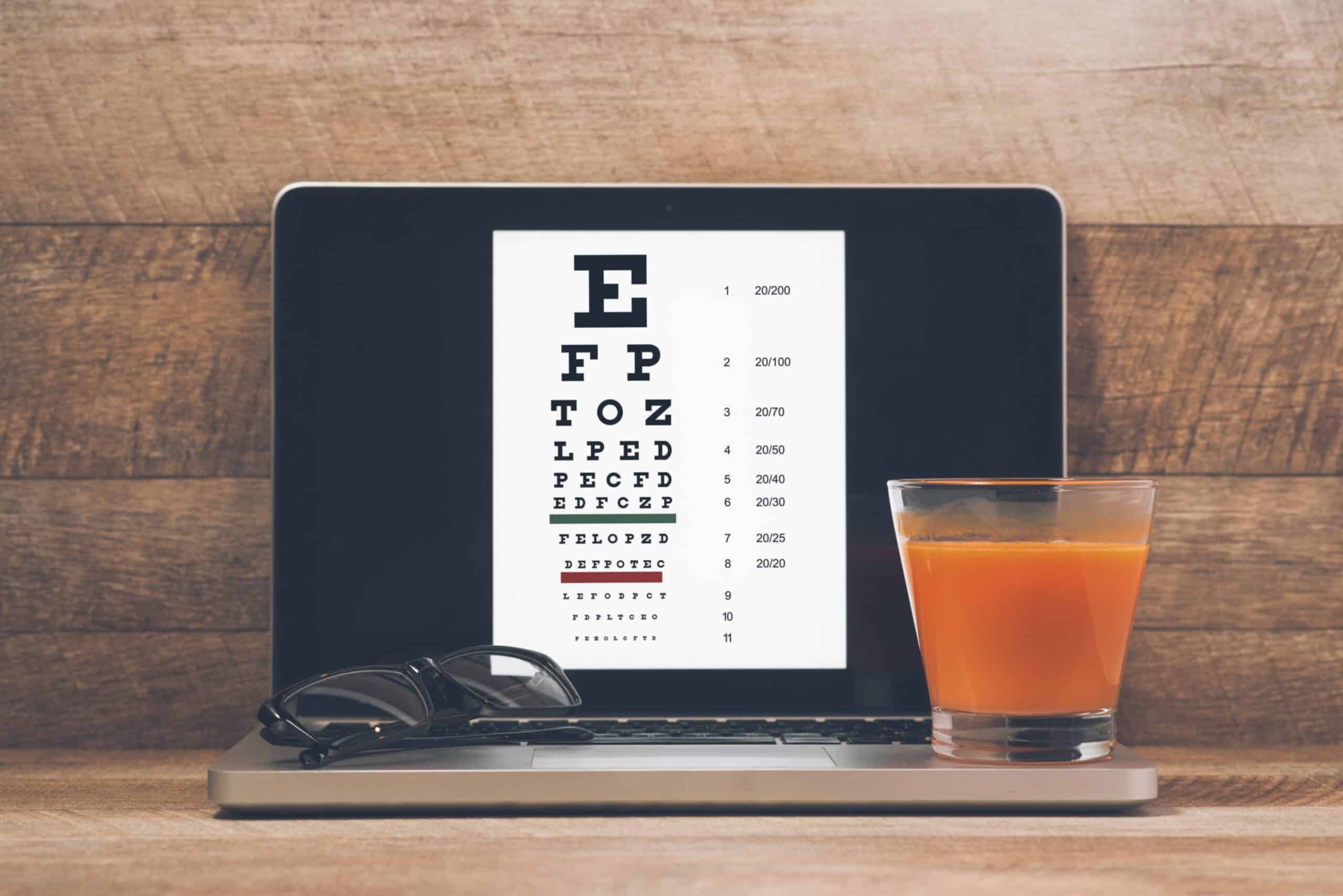Age-related macular degeneration (AMD) is a degenerative disease of the eye that is the most common cause of blindness in older Americans. The first Age-Related Eye Diseases Study (AREDS), conducted from 1996 to 2001, showed that a dietary supplement could slow the progression of AMD. The AREDS supplement contained a mixture of antioxidant vitamins, including vitamins C, E, and beta-carotene, as well as zinc and copper. But other studies showed that beta-carotene increased the risk of lung cancer in people who smoked.
A second AREDS study, AREDS2, began in 2006 and ran for five years. This study looked at the effects of adding two other antioxidants, lutein and zeaxanthin, to the original AREDS supplement. It also looked at the effects of removing beta-carotene. Beta-carotene, it found, doubled the risk of lung cancer, particularly in people who used to smoke. (Beta-carotene was not given to people who smoked during AREDS2.) Adding lutein and zeaxanthin did not affect lung cancer risk while still reducing the risk of AMD progression
Even after AREDS2, questions remained about the long-term effects of the new supplement. The researchers wanted to know if the increased risk of lung cancer from beta-carotene lasted after the study ended. They also wanted to know if adding lutein and zeaxanthin provided a long-term benefit over the original supplement. To answer these questions, a team led by Dr. Emily Chew of NIH’s National Eye Institute (NEI) followed up with more than 90% of AREDS2 participants for five more years. The results appeared in JAMA Ophthalmology on June 2, 2022.
The follow-up study showed no effect of lutein and zeaxanthin on lung cancer risk. After the end of the initial study, almost all the participants switched to the AREDS2 supplement without beta-carotene. But by the end of the follow-up, those who had taken beta-carotene still had nearly twice the risk of lung cancer as those who hadn’t.
Lutein and zeaxanthin were also more effective than beta-carotene at preventing AMD progression. Replacing beta-carotene with lutein and zeaxanthin reduced the risk of AMD progression by 15%.
The findings show that the AREDS2 supplement is safe and effective for long-term use. “These results confirmed that switching our formula from beta-carotene to lutein and zeaxanthin was the right choice,” Chew says. “Not only is the new formula safer, it’s actually better at slowing AMD progression.”




